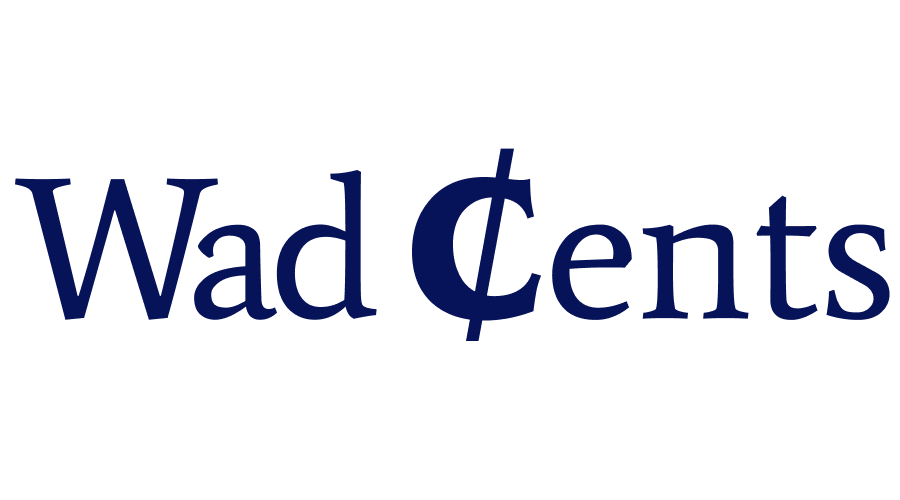When it comes to your retirement savings, your 401(k) is a valuable asset. It’s a financial cushion that guarantees financial stability for you in your golden years.
However, life is unpredictable, and sometimes situations arise where you might need to access your 401(k) funds before retirement age. The big question is: what are the reasons you can withdraw from your 401(k) without penalty?
Let’s explore the various scenarios where you can tap into your 401(k) without facing hefty penalties.
What Reasons Can You Withdraw From 401k Without Penalty?
Your 401(k) is your long-term savings plan that grows over the years until you’re ready to enjoy the fruits of your labor.
However, sometimes life throws you a curveball, and you need to access those funds earlier than planned. Fortunately, there are situations where you can withdraw from your 401(k) without penalties.
Here are some of the qualifying reasons to make a penalty-free 401(k) withdrawal:
When you are leaving your job at 55
One of the most common scenarios where you can withdraw funds from your 401(k) without penalties is when you leave your job at the age of 55 or older.
The rule of 55 applies to both traditional 401(k)s and Roth 401(k)s, giving you more flexibility as you approach your retirement years. This option is specific to the age of separation from your employer, not necessarily the retirement age, which is 66 for people born before 1954 and 67 for everyone born after 1960.
Court-issued QDRO during divorce
If you’re going through a divorce, and the court issues a Qualified Domestic Relations Order (QDRO), you can withdraw from your 401(k) without penalties. This allows for the equitable division of retirement assets between you and your former spouse.
You should seek legal advice during divorce proceedings to understand the implications of a QDRO and how it affects your 401(k).
You became disabled
In cases of disability, the IRS offers some leeway when it comes to 401(k) withdrawals.
If you become physically or mentally disabled and can provide sufficient medical evidence, you may be eligible to withdraw from your 401(k) without penalties.
This provision aims to assist individuals facing unexpected health challenges.
You gave birth to or adopted a child
Bringing a new life into the world or expanding your family through adoption is a significant event. To support these joyful moments, the IRS allows for penalty-free withdrawals from your 401(k) of up to $5,000 for each child.
If you are eligible to make the 401(k) withdrawal, you can use the funds to cover the costs associated with childbirth, adoption, or caring for a new family member.
IRS levy
Sometimes, unforeseen financial obligations or disputes with the IRS can lead to an IRS levy on your assets, including your 401(k).
In such cases, you may have no choice but to withdraw from your 401(k). While the withdrawal itself may not be subject to penalties, the funds may be used to settle your tax debts.
You are receiving substantially equal periodic payments
Another way to withdraw from your 401(k) without penalties is by setting up Substantially Equal Periodic Payments (SEPP).
SEPP involves taking substantially equal distributions at least annually based on your life expectancy or the joint life expectancy of you and your designated beneficiary.
You are facing a hardship
In some dire situations, you may need to access your 401(k) to meet immediate financial needs.
Hardships can include medical expenses, college tuition, the threat of foreclosure or eviction, funeral expenses, or the paying down payment for your principal residence. The IRS allows hardship withdrawals in these cases.
What Are Qualified Hardship Withdrawals?
Qualified hardship withdrawals are a specific category of 401(k) withdrawals designed to assist you, as a 401(k)-account owner, in urgent financial situations. To qualify, you need to prove that the funds are required to cover an issue that is a basic need.
Additionally, you will also have to prove that you can’t be able to get the money on your own. Here are some of the hardship situations that can qualify for a hardship withdrawal:
Medical bills
If you or a family member face significant medical expenses such as surgery, hospital bills, or long-term care, you may be eligible for a hardship withdrawal to cover these costs.
The availability of hardship withdrawals for medical expenses ensures that you can access your retirement funds when your health or the health of a loved one is at stake.
College fees
The cost of education is soaring, and you might find yourself in a position where you need to pay for college tuition or related expenses. A hardship withdrawal can help you get the money you need to pay college expenses.
Accessing your 401(k) for educational expenses through hardship withdrawals can ease the burden, allowing you or your family to pursue educational opportunities without facing any penalties.
Money required to avoid foreclosure or eviction
If you’re at risk of losing your home due to foreclosure or eviction, a hardship withdrawal can be a lifesaver. Hardship withdrawals ensure that you have a last resort to secure your housing, maintaining stability for you and your family during challenging times.
Funeral expenses
A hardship withdrawal can also provide financial relief for burial expenses if you have lost someone close to you. You can tap into your 401(k) penalty-free to give your loved one a proper farewell without jeopardizing your financial well-being.
Home-buying expenses for a principal residence
When it comes to securing a roof over your head, a 401(k)-hardship withdrawal can also come in handy for the down payment or other home-buying expenses.
Buying a home is a significant life milestone, but it often requires a substantial financial commitment. The option to access your 401(k) funds through hardship withdrawals for home-buying expenses provides a path to homeownership without the burden of penalties.
Can I Withdraw from My 401(k) for Any Reason?
While there are several scenarios in which you can withdraw from your 401(k) without penalty, it’s essential to remember that not all situations are covered.
If your reason for withdrawing doesn’t fall into one of the approved categories, you may still be able to access your 401(k). But you will likely face early withdrawal penalties and taxes.
The flexibility of 401(k) accounts is beneficial, but it’s not limitless. Therefore, you should make sure you understand the rules and regulations surrounding 401(k) withdrawals to make informed financial decisions.
How Long Does It Take to Get Money from 401(k)?
The time it takes to receive your 401(k) funds can vary depending on your plan administrator, the specific circumstances of your withdrawal, and the method you choose for receiving the funds. In some cases, you can get your money in a matter of days, while in others, it may take several weeks.
Additionally, the speed of accessing your 401(k) funds is influenced by your plan’s policies and the processing time required for your specific request. You should plan and account for any potential delays if you have immediate financial needs.
Can I Close My 401(k) and Take the Money?
Closing your 401(k) and taking all the money may not be a wise financial move. It can lead to significant tax consequences, penalties, and a reduction in your retirement savings.
Before making this decision, you should explore alternative options that may better suit your financial goals. While it may be tempting to cash out your 401(k) entirely, it’s important to consider the long-term impact on your retirement savings.
Conclusion
Making an early withdrawal from a 401(k) can take a significant bite off your retirement stash. However, there are various qualifying reasons you can withdraw funds without penalties. The IRS recognizes that life can throw unexpected curveballs, and these provisions aim to provide financial flexibility in times of need.
But first, you should understand all the rules and consequences associated with each withdrawal type. Your retirement future is at stake, and making informed decisions can help ensure that you’re financially secure when the time comes for you to retire.


